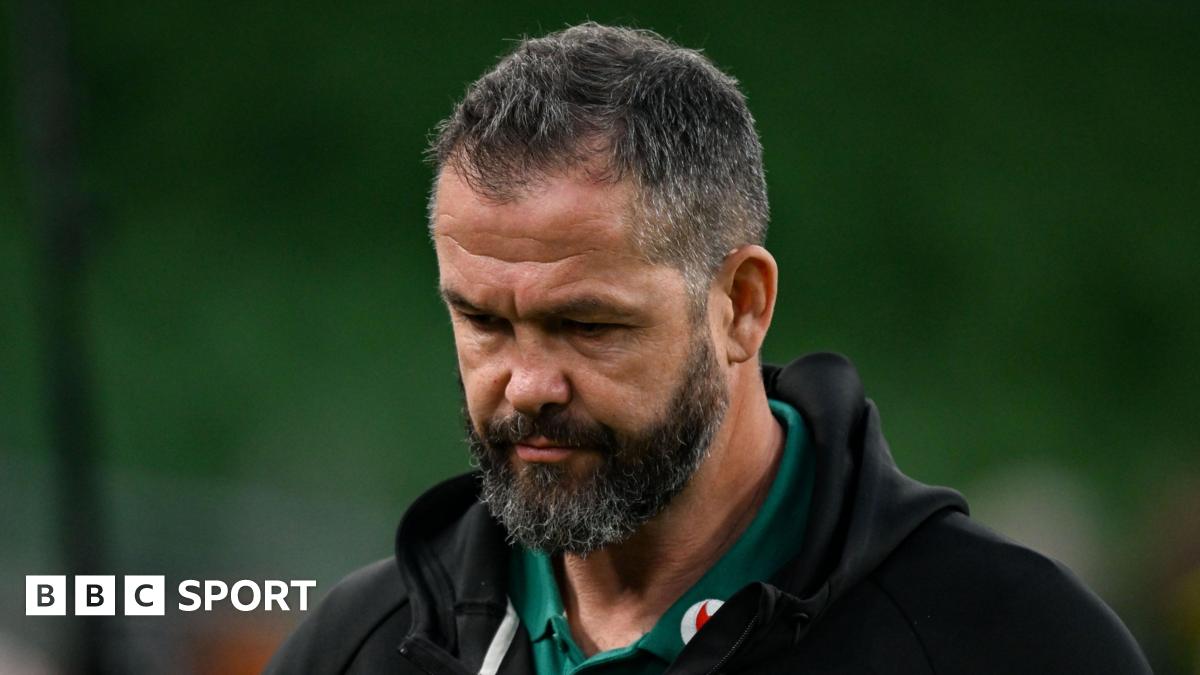Rachael East took her feverish nine-year-old son Caleb to a new general practitioner, who did not take her concern seriously. When she took him to an emergency department a few days later, staff initially dismissed his elevated temperature.
Caleb had pneumonia. And when East refused to be sidelined, staff listened. Her vulnerable son was admitted to hospital, where he has remained for the past 12 days.

Rachael East and her nine-year-old son Caleb.Credit: Courtesy of Rachael East
“I said [to the GP], ‘He needs antibiotics, he needs something, he’s really unwell’,” East said. “She kind of laughed at me, and was saying, ‘He’s fine, he’s just got the flu’.”
But East knew this was not typical for her son. “She just wasn’t listening to me,” East said.
Caleb has Down syndrome and presents differently from other children his age. East said he relies on her to communicate his symptoms.
Loading
“All the [hospital] doctors and nurses just listened to what I had to say, and they took his temperature, and they said, ‘It’s not so bad’,” East said.
“I said: ‘No, that is bad for him, his typical body temperature is really low. So above 37 is [a] fever for him.’, They listened and they took everything seriously ... I’m grateful for that.”
NSW Healthcare workers will be required to ask parents: “Are you worried they are getting worse?” in every emergency department and inpatient unit in the state, recognising the important role parents play in raising the alarm when children are seriously ill.
“I can’t tell you how frustrating it is [to be ignored],” East said. “I’ve spent his whole life just advocating for him. And when I’m not being heard, it’s just heartbreaking.”
The role of a parent’s voice when their child is seriously sick came under the spotlight after the death of two-year-old Joe Massa. He was incorrectly triaged, despite clinicians and parents Elouise and Danny Massa knowing he was in a life-threatening condition.
A Monash Health study developed by the Clinical Excellence Commission and published in The Lancet in July, analysing more than 180,000 responses, found that when a parent answered “yes” to that critical question, it was a better predictor of clinical deterioration than any single vital sign: heart rate, blood pressure, and temperature.
Dr Nikola Morton, the CEC medical lead for paediatric patient safety and a paediatrician with the Sydney Children’s Hospital Network, said the update recognised that parents know their children best.
“They’re the ones that are with their child all day, every day … know what their [child’s] baseline is and notice subtle deviations that a healthcare professional meeting a child for the first time might not notice,” she said.
Morton recalled a case in which a child was admitted to hospital with presumed meningitis. He appeared to be stable and improving, but his mother told staff, “He is not the same child. His personality is different.”
“Based on that, we progressed to do a scan which showed widespread encephalitic inflammatory process,” Morton said. “There were no signs other than this subtle personality change, which his mother noticed ... If we hadn’t picked it up when we did, more signs would have declared [themselves].”
Loading
The question was initially trialled in the Hunter New England Local Health District in March, and by October it will be on every paediatric and neonatal observation chart in emergency department and inpatient units, forming part of a NSW rapid response program called REACH.
NSW Health Minister Ryan Park said the information provided by carers is critical before a child becomes seriously unwell.
“When your doctor or nurse asks, ‘Are you worried they’re getting worse?’ we need you to tell us even if it is something small, because if you’re worried, we’re worried.”
East hopes the initiative will extend beyond children and help vulnerable patients who are unable to properly communicate their medical symptoms to healthcare professionals.
“I’m thinking about when Caleb’s older and he’s going to have to advocate for himself,” she said, “it’s just going to be so important that he has people taking him seriously and actually being patient with him and not just dismiss him, and just say he looks fine.”
Start the day with a summary of the day’s most important and interesting stories, analysis and insights. Sign up for our Morning Edition newsletter.
Most Viewed in National
Loading


















































